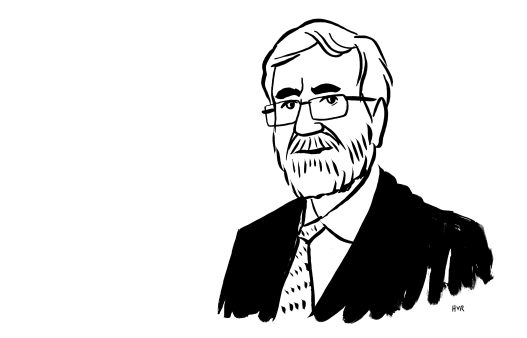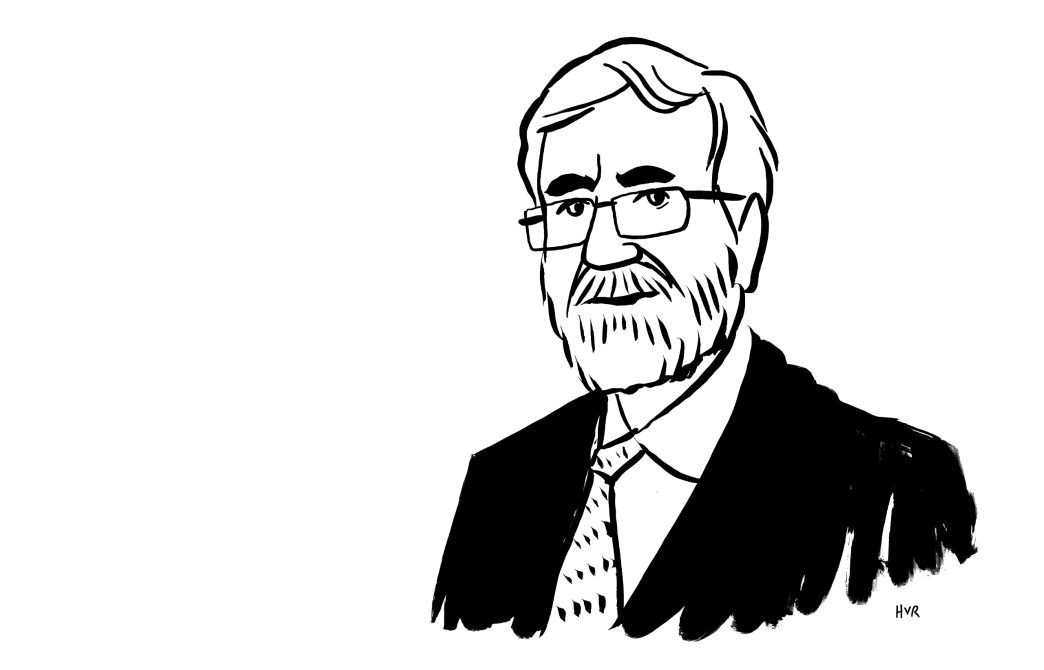Jean de Gliniasty is a French diplomat. He was French Ambassador in Russia from 2009 to 2013, a country about which he has written numerous articles and essays.
Guillaume de Sardes: You are one of the French leading experts in the field of Russia, to which you have devoted several books, including Geopolitics of Russia, which has just been republished in an updated edition. In this synthetic essay, divided into forty questions, you evoke an ‘imperial nostalgia’ of Russia. What do you mean by this?
Jean de Gliniasty: Since the time of Ivan III, Russia has always functioned as an empire built around a ‘Russian’ core, but with the addition of conquered or dominated nations. An empire integrates and even promotes those who accept its authority and represses those who do not. Soviet Russia was no exception to this rule. Post-Soviet Russia has vacillated between various formulas – liberal globalisation, the Russian nation state or an imperial-type system – but the weight of the historical model is still being felt. ‘Imperial nostalgia’ is a nostalgia for the greatness of the country and for a system which, at least in the minds of Russians, did not work so bad.
You further state that Putin ‘is not seeking to return to the past’.
Putin is well aware that his country is no longer strong enough to recreate the Soviet Union or the Russian Empire. But he believes that history and the current balance of power should enable him to re-establish at least some sort of zone of influence, in varying forms, in his ‘near abroad’, i.e. in the former Soviet republics (with the exception of the Baltic states, which have a special history, a culture that is recognised as foreign and, above all, have caught up with Russia by joining NATO and the European Union so rapidly). The essential characteristic of this zone of influence is, in Moscow’s mind, the absence of integration into NATO. This has been a constant feature of Russian diplomacy for over twenty years.
You devote some interesting pages to the triangular relationship between Russia, China and the United States. How would you summarise them? What are the main issues for each country?
Kissinger’s United States had been the apex of a Washington-Moscow-Beijing triangle. The collapse of the USSR blurred the landscape as China rose to power. Russia, under Western sanctions following the invasion of Ukraine, now depends on China, perhaps a little too much than Russia would like. Trump is clearly trying to regain his position as the apex of the triangle. But the rapid rise of other global powers (India, Brazil, Indonesia, perhaps Iran) threatens to render this vision irrelevant with the emergence of a multipolar world that is far more complex.
You summarise Sino-Russian economic relations as follows: ‘the world’s leading exporter of hydrocarbons sells its gas and oil to the world’s leading importer of energy and buys its manufactured goods’. Can we talk of interdependence, or do you feel that the economic relationship between the two countries is unbalanced?
Any relationship where one supplies raw materials and the other manufactured goods is unbalanced economically and ultimately politically. Russia is attempting to overcome its relative weaknesses in industrial production and new information technologies. Sanctions are forcing it, sometimes successfully, to develop policies of substituting Western imports with local production or imports from third countries. The war in Ukraine has increased its dependence on China and other countries which are helping it to get round the sanctions. In general, however, Russian industrial production has increased, and it will only be possible to assess the impact of the Russian war economy at a later date.
You write that China is no longer very interested in the Force de Sibérie 2 pipeline project, which would increase gas deliveries by 50 billion m3 a year. Could you shed some light on China’s position?
China will be more interested when it truly needs them, but its growth is weaker at the moment and it is being slow to respond.
How do you think economic relations between the European Union and Russia will develop? You describe their decline as ‘irreversible’. But if the United States lifts its sanctions and resumes trade with Russia, shouldn’t the European Union follow them? German employers in particular seem keen to regain access to cheap Russian energy.
Russians are considering the situation. At this stage, they believe that companies that have remained discreetly on the Russian market in one form or another, or that have put themselves in a waiting position, will find it easier to return… Those that left abruptly will pay an exorbitant price to return. But in the uncertain event of a settlement to the Ukrainian crisis and a return in force of American companies, economic logic will quickly take over again, provided that European governments do not oppose it, which seems likely. This will also be the case for energy, but the market has evolved considerably, suppliers have changed, and we will not return to the situation of dependence seen before 2022 in Germany and other European countries. The development of renewable energies and the return of nuclear power have changed the situation. The fact remains that a return to Russian gas would bring down the price of energy, which is currently penalising European businesses.
In its relations with Russia, the European Union is sticking to its position. It does not seem to think it has to take account of the change in American policy. The ceasefire proposed by Trump was immediately interpreted as a ‘take it or leave it’ offer, giving rise to the hope that, if Russia were to decline, ‘the United States would join the war’ – in the words of British Prime Minister Keir Starmer. In the context of the reorientation of US policy and the clearly expressed positions of Trump and his supporters, this idea may have seemed unrealistic. The facts quickly disproved it, since Trump has just declared that he had ‘an excellent conversation’ with Putin, even though Putin has only agreed to a ceasefire limited to energy infrastructure. How can we explain this lack of lucidity on behalf of the Europeans?
The United States cares little about the fate of Ukraine and wants to distance itself from Europe. Trump wants to get closer to Russia, even if it means ignoring the European point of view and sacrificing the future of Ukraine under Zelensky. It is time for Europe to manage its interests, and this is a historic opportunity for Europe to assume its defence responsibilities. As for the war in Ukraine, for the time being, Europe seems to be giving priority to strengthening Ukraine’s capacity to negotiate under the right conditions, even if the Americans ‘give up’. But there is no going back on the now widely shared desire for greater strategic autonomy for the European Union, even if Europe’s position on the Ukrainian question may vary depending on the negotiations in which it is not directly involved.
In a recent interview, Jeffrey Sachs said that in Europe ‘the rhetoric is incredibly heated and often obtuse’. ‘Being wrong all the time,’ he says, ’like the British and the French, is not a skilful negotiation, a skilful policy or a skilful bargain’. As a former diplomat yourself, how do you judge the actions of Starmer and Macron? Do their goals seem clear to you? Do they have a chance of achieving them?
For the moment, the willingness of certain European countries, including France and the United Kingdom, to continue to help Ukraine and to provide security guarantees in the form of troops, serves Trump’s project, which also needs to put some pressure on Putin. But if the peace process, of which the Europeans are not a part, were to progress, I doubt that they would long oppose an agreement approved by Washington, Moscow and Kiev (even if the Ukrainians risk having their hand forced).

